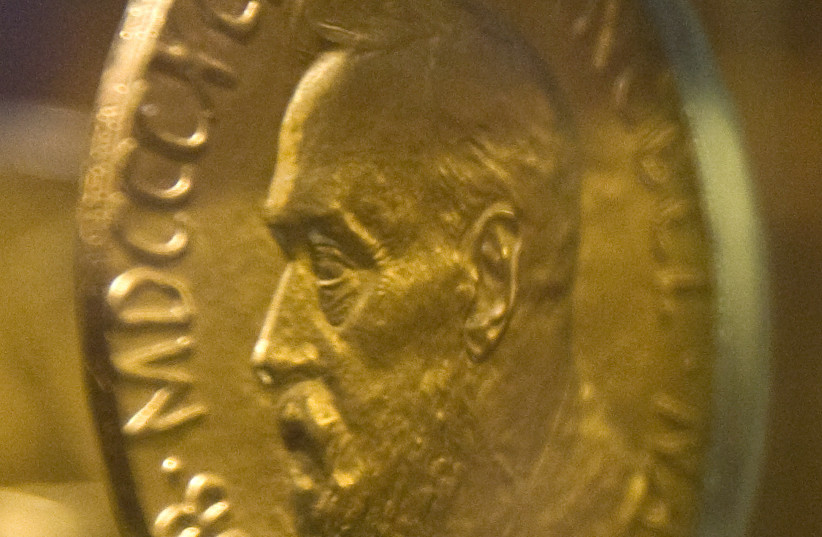Prof. David Jay Julius, born 67 years ago in New York, is an American physiologist and Nobel Prize laureate known for his work on the molecular mechanisms of pain sensation and heat, including the characterization of the TRPV1 and TRPM8 receptors that detect capsaicin, menthol and temperature. This work facilitated research and novel ways to treat pain.
He now teaches and conducts research at the University of California, San Francisco. Other awards, besides sharing the Nobel Prize in Physiology or Medicine with Ardem Patapoutian, include the 2010 Shaw Prize in Life Science and Medicine and the 2020 Breakthrough Prize in Life Sciences.
Julius was born to an Ashkenazi Jewish family that originated in Russia. He grew up in the Brighton Beach section of Brooklyn, New York, where he attended Abraham Lincoln High School. He earned his undergraduate degree from the Massachusetts Institute of Technology and his doctorate from the University of California at Berkeley, in 1984. In 1989, he completed his post-doctoral training with Richard Axel at Columbia University, where he cloned and characterized the serotonin 1c receptor.
While at Berkeley and Columbia, Julius became interested in how psilocybin mushrooms and lysergic acid diethylamide work, which led him to look more broadly into how things from nature interact with human receptors.
He became a faculty member at UC-San Francisco in 1989, where he and his lab team cloned and characterized TRPV1 – the receptor that detects capsaicin, the chemical in chili peppers that makes them hot. Studies have shown that capsaicin can increase metabolism, which increases the rate at which one uses energy and burns fat stores. It can also reduce appetite, which may help one eat less than one normally would. In 2000, Julius was awarded the inaugural Perl-UNC Neuroscience Prize for his work on cloning the capsaicin receptor.

He won the Shaw Prize for his work in identifying the ion channels involved in various aspects of nociception, which involves the neural processes of encoding and processing noxious stimuli. It also involves a signal arriving at the central nervous system as a result of the stimulation of specialized sensory receptors in the peripheral nervous system, called nociceptors.
How did his Jewish family influence his Nobel Prize-winning career?
In an interview with the Nobel Prize, he explained how his parents influenced his career.
“He said, that’s the luckiest thing in the world, there are very few people on the planet who go to work because they really want to. He said if you find something like that, then you have found what you should be doing. So, I’m very grateful to them for letting me find my way.”
Prof. David Jay Julius
“I do remember my father telling me when I started working in a lab, when I was an undergraduate, he could see that I was there late at night,” Julius recalled. “He said, that’s the luckiest thing in the world, there are very few people on the planet who go to work because they really want to. He said if you find something like that, then you have found what you should be doing. So, I’m very grateful to them for letting me find my way.”
